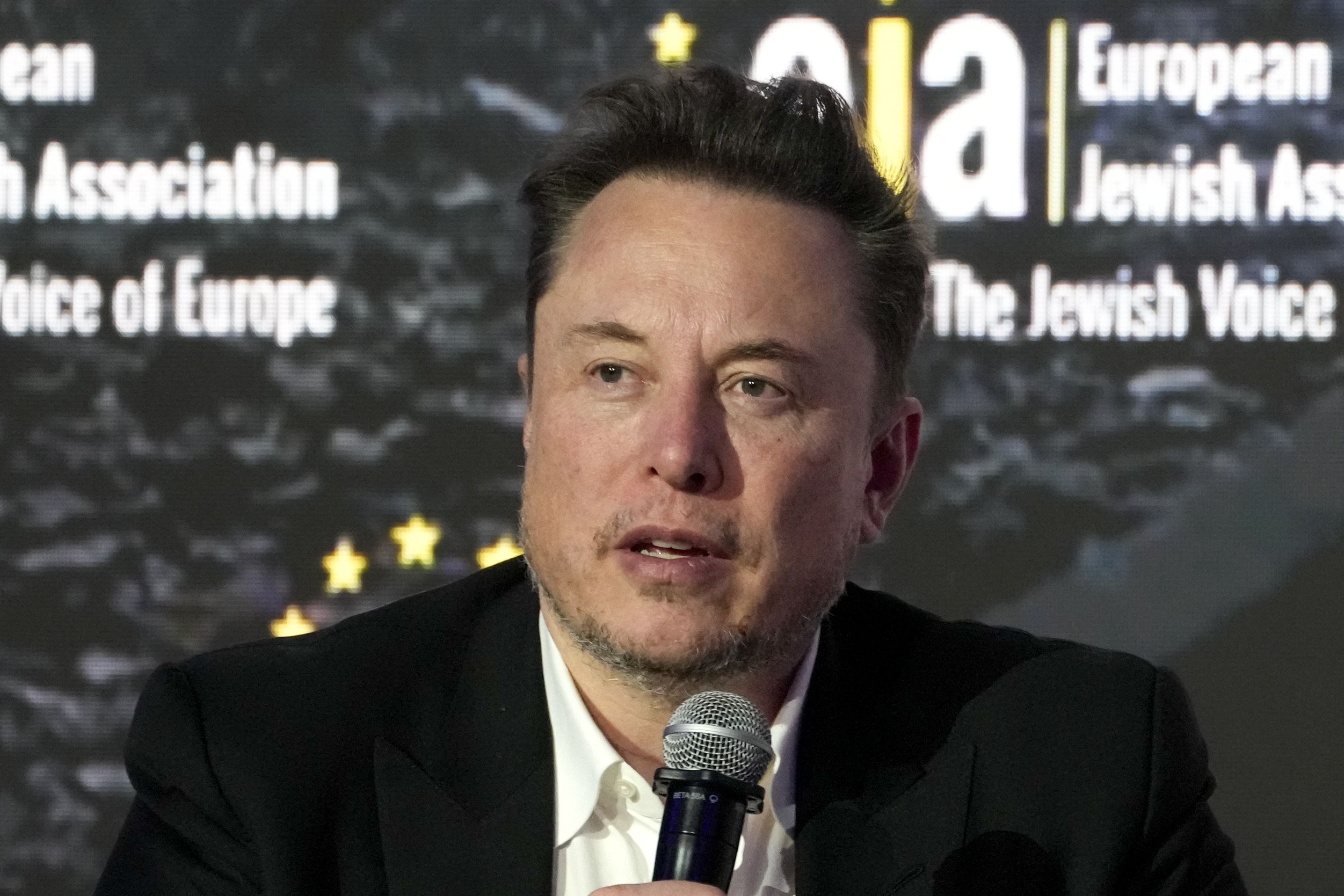

One Tesla shareholder filed suit against CEO Elon Musk, alleging that he had committed insider trading by selling shares just before production took a downturn.
Michael Perry filed the lawsuit in regard to Musk selling his shares in November and December of 2022. During that fourth quarter, Tesla delivered over 405,000 cars, which represented a growth of 40% year over year, despite a dip in November.
However, Perry alleges that Musk would have lost 45% of his share value had he sold after the November production and delivery data became public. Share prices went down beginning around Nov. 4 when they were over $228 per share, down to just over $113 by that next January until it increased again.
Perry filed his suit in Delaware’s over 220-year-old Court of Chancery. On its website, it describes itself “as the nation’s preeminent forum for the determination of disputes involving the internal affairs” of various businesses nationwide.
“Its unique competence in and exposure to issues of business law are unmatched,” the website reads.
This is the same court where a judge denied Musk’s $56 billion compensation package in a lawsuit from one of Tesla’s shareholder last month. Ever since, Musk has been pushing the company to no longer incorporate itself in Delware. Already Musk reincorporated his SpaceX company to Texas after it was originally incorporated in Delaware.
CLICK HERE TO READ MORE FROM THE WASHINGTON EXAMINER
The Washington Examiner reached out to Tesla for comment.
Musk sold these shares, which Perry alleges made him some $3 billion in insider profits, amid his purchase of social media platform Twitter. He went on to sell more shares in April and August in order to afford the $44 billion price tag.






